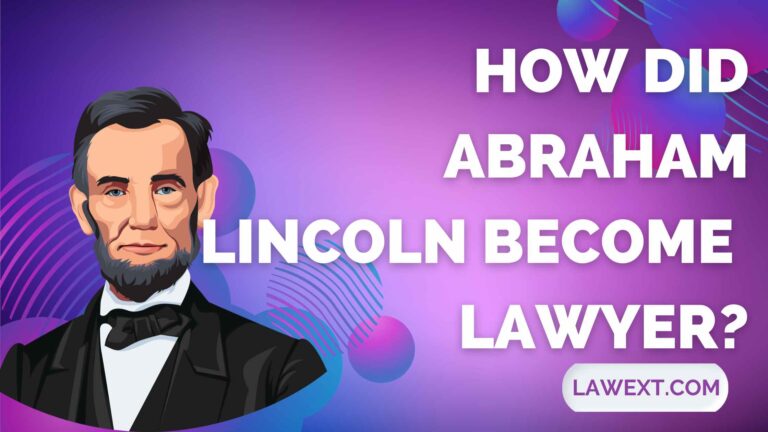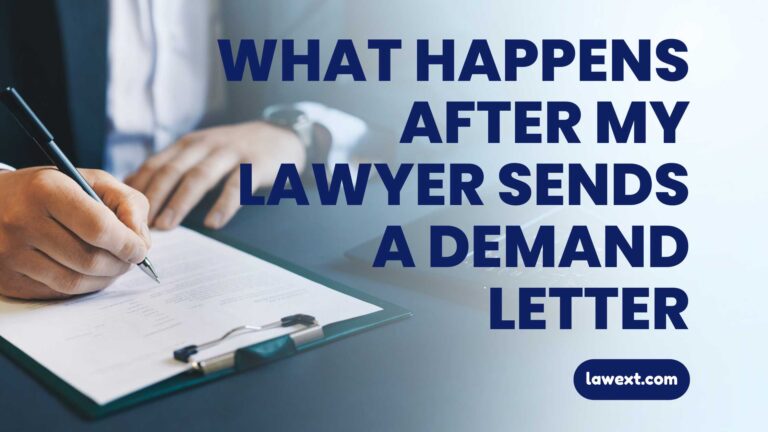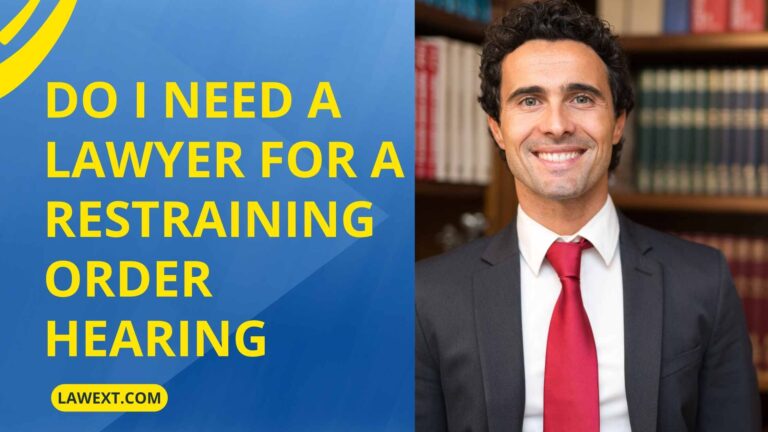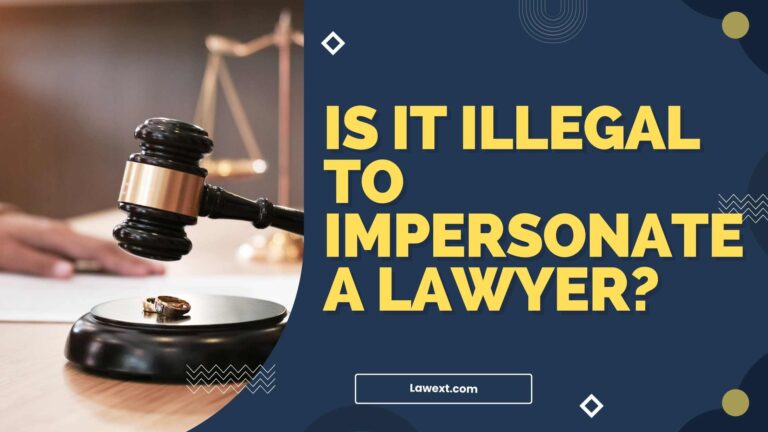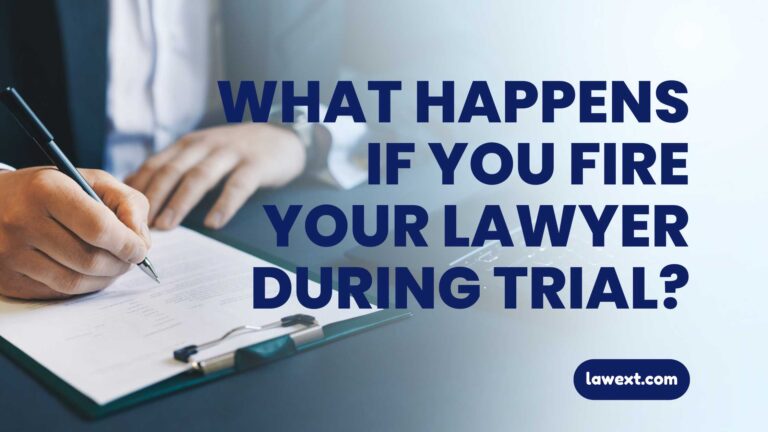Do You Need a Lawyer for Traffic Court?
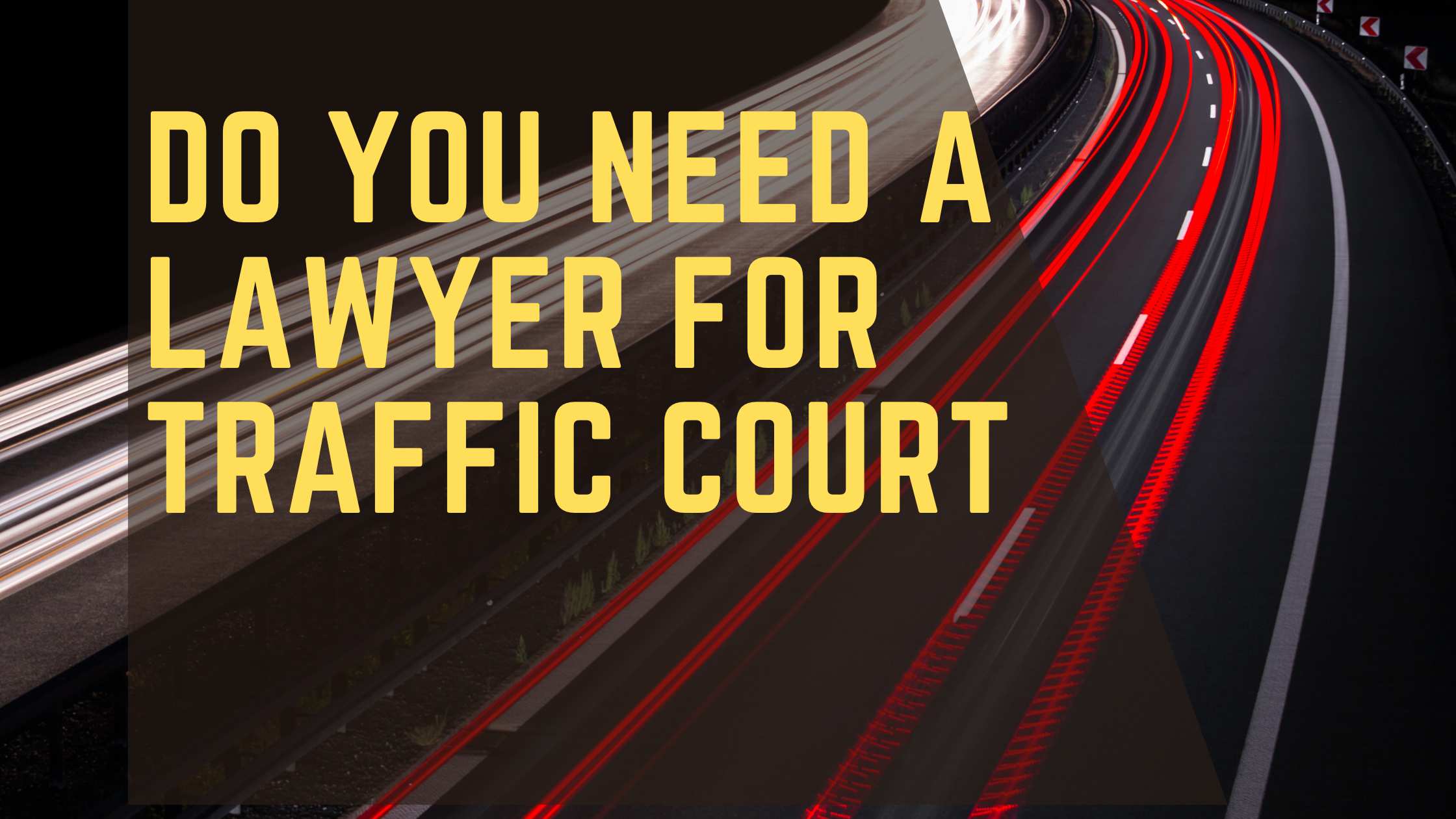
You do not always need a lawyer for traffic court, but having one can benefit your case. Legal representation may improve the outcome, depending on the charges.
Navigating traffic court can be a daunting experience, especially when you’re facing significant fines or points on your license. Understanding the nuances of traffic law requires the expertise that a seasoned attorney brings to the table. Seeking professional legal counsel can help you challenge a traffic citation more effectively or potentially reduce the severity of your penalties.
Do You Need a Lawyer for Traffic Court? While minor infractions often don’t necessitate a lawyer’s assistance, more serious offenses or complex cases might warrant professional representation to protect your rights and driving record. Knowing when to hire a lawyer could be the key to a favorable verdict in traffic court.

Credit: www.rocketlawyer.com I
Assessing The Need For Legal Representation In Traffic Court
Facing traffic court can be daunting. It raises the question – do you need a lawyer? This isn’t a decision to take lightly. The stakes can be high in traffic court, and the right choice varies per situation. Let’s unpack the factors you should consider when deciding on legal representation for your traffic case.
Factors Influencing The Decision
- Complexity of the case: More complex charges might need a lawyer.
- Potential penalties: Are they severe enough to justify hiring a professional?
- Your record: Those with a clean record may fare better without a lawyer.
- Legal knowledge: Understanding traffic law can be crucial for defense.
- Comfort level: Feel confident representing yourself. If not, consider a lawyer.
Determining whether to obtain a lawyer hinges upon these critical factors. Remember, a traffic lawyer knows the ropes and can navigate court procedures efficiently.
Consequences Of Traffic Violations
| Violation Type | Potential Consequences | Need for Lawyer |
|---|---|---|
| Minor Offenses | Fines, points on record | Situational |
| Major Offenses | License suspension, high fines, jail time | Recommended |
| Repeat Offenses | Stricter penalties, possible loss of license | Advised |
Traffic violations come with varied consequences. Minor infractions could be just a fine, whereas major offenses could impact your future significantly. Repeat violations may escalate penalties and warrant legal help. With high stakes on the line, a lawyer’s expertise might be your best bet.
Understanding Traffic Court Proceedings
Entering a traffic court can feel like stepping into an unfamiliar world. With legal jargon and procedural rules, navigating this system is daunting. A clear understanding of what unfolds in a traffic court is key to deciding whether you need a lawyer to represent your interests.
The Structure Of A Traffic Court Hearing
Traffic court hearings have a distinct structure. They begin with the court clerk calling the docket or list of cases. Next, the judge enters and the proceedings start. At this point, the judge will explain your rights and the charges against you.
- First Part: Clerk calls roll of cases.
- Second Part: Judge takes the bench, outlines the process.
- Third Part: Traffic violations are read, rights explained.
- Final Part: Your turn to plead guilty, not guilty, or no contest.
Roles Of Participants In Traffic Court
In traffic court, each person has a specific role to play. The judge presides over the court and makes decisions on the cases. The prosecuting attorney represents the state or municipality and attempts to prove the traffic violation.
| Participant | Role |
|---|---|
| Judge | Decides on legal matters, oversees proceedings. |
| Prosecuting Attorney | Presents evidence against defendants. |
| Defense Attorney | If present, defends the accused party. |
| Court Clerk | Manages court docket, legal documents. |
| Defendant | Person accused of the traffic violation. |
Witnesses may also participate by presenting facts. Police officers often attend to provide testimony about the violation. If you choose to hire a lawyer, they will advocate on your behalf, challenging evidence and presenting legal arguments.
Pros And Cons Of Self-representation
Deciding whether to handle a traffic court case on your own can be tricky. It is important to weigh the benefits and risks of self-representation carefully. This section outlines key pros and cons.
Benefits Of Handling Your Own Case
Self-representation in traffic court can seem daunting, yet it comes with advantages:
- Cost Savings: You avoid attorney fees by representing yourself.
- Personal Control: You have direct control over your case’s narrative and decisions.
- Learning Experience: You acquire legal system knowledge through first-hand experience.
Risks Of Not Hiring A Lawyer
Tackling traffic court alone includes risks that could impact the case outcome:
- Lack of Expertise: Lawyers bring legal insight and procedural knowledge.
- Higher Stakes: Mistakes can result in larger fines or increased insurance rates.
- Time Investment: Preparing and representing your case requires a significant time commitment.

Credit: www.rocketlawyer.com
When To Consider Legal Counsel
Dealing with traffic court often feels straightforward, but certain situations call for legal expertise. Understanding when legal counsel can safeguard your rights and improve your case outcome is essential.
Scenarios That Warrant A Lawyer’s Expertise
Not every traffic violation requires a lawyer, yet several scenarios reveal the benefit of having one.
- Repeat offenses: Accumulating traffic tickets could lead to severe penalties.
- Serious infractions: Charges like DUI/DWI or reckless driving warrant a lawyer’s guidance.
- Commercial drivers: For them, even minor infractions can endanger their livelihood.
- Inaccurate charges: Contesting an incorrect or unfair ticket may need a lawyer’s insight.
Critical Implications Of Serious Traffic Offenses
Serious traffic violations carry more than just fines. Understanding these stakes is key.
| Offense | Implications |
|---|---|
| DUI/DWI | License suspension, potential jail time, and increased insurance rates. |
| Reckless Driving | Points on license, major fines, and possible criminal record. |
| Hit and Run | Severe penalties including steep fines and imprisonment. |
Finding The Right Traffic Attorney
Dealing with a traffic citation is not a high point for anyone. A skilled traffic attorney can make all the difference in court. With the legal landscape as complex as it is, securing a professional to guide you through traffic court is crucial. This significant decision demands attention to detail. Assessing various factors helps identify the right defense attorney for traffic-related charges. Let’s explore these crucial factors.
Criteria For Choosing A Defense Attorney
Selecting a defense attorney requires a strategic approach. Consider these points:
- Experience: A lawyer’s track record matters. Focus on those with extensive traffic court representation.
- Specialization: Look for attorneys specializing in traffic law. Their expertise is invaluable.
- Reputation: Check online reviews and ask for referrals from past clients.
- Location: Local attorneys understand specific traffic laws and have court connections.
- Communication: Choose someone who communicates clearly and promptly.
Cost-benefit Analysis Of Legal Fees
Understanding the financial aspect of hiring a traffic attorney is essential. Analyze the potential benefits:
| Benefit | Consideration |
|---|---|
| Saving Money: | Over time, reducing fines and preventing points can save money. |
| Time: | An attorney can handle proceedings, saving personal time. |
| Stress Reduction: | A professional takes on the burden, easing stress. |
Compare these benefits to the legal fees. Seek transparent pricing structures from potential attorneys. An initial investment may lead to long-term savings, making the hiring decision simpler and more strategic.
Preparing For Traffic Court With Or Without A Lawyer
Heading to traffic court can feel daunting.
Whether you decide to hire a lawyer or represent yourself, preparation is crucial.
Knowing what documents to bring and how to present your case can make a significant difference.
This guide lays out the key steps to prepare for traffic court, with pointers on documentation and court appearance strategies.
Essential Documentation And Evidence
Gather all relevant items before your court date.
This includes tickets, photos, diagrams, and witness statements.
- Tickets: The original citation you received.
- Photos: Clear pictures of the incident scene, road signs, and vehicle damage.
- Diagrams: Sketches demonstrating vehicle positions or traffic movement.
- Witness Statements: Any written accounts from people who saw the event.
- Additional Proof: Anything else that could support your case, like repair bills or medical records.
Organize these items for easy reference during your hearing.
Strategies For A Successful Court Appearance
Arrive early with a neat appearance to show respect for the court.
| Action | Reason |
|---|---|
| Dress Formally | Creates a good first impression |
| Review Notes | Ensures you’re ready to state your case |
| Practice Speaking | Helps you communicate clearly and confidently |
Respectful language and a calm demeanor are also critical.
Speak only when prompted and address the judge as “Your Honor”.
Be ready to explain your side succinctly.
Stick to facts. Avoid emotional outbursts.
Conclusion
Deciding on legal representation for traffic court can seem daunting. Yet, remember that a lawyer’s expertise often proves invaluable. They navigate legal proceedings with ease, potentially saving time and money. Assess your situation and weigh the benefits against the costs.
Legal counsel might just be your key to a favorable outcome.
Amelia Justiceberg, a distinguished legal luminary, thrives on the intersection of empathy and legal acumen. As a prominent family law attorney, she orchestrates compassionate resolutions amidst complex dynamics. Justiceberg's courtroom finesse and dedication to fairness define her practice. Beyond litigation, she ardently advocates for social justice, solidifying her reputation as an influential force in the legal landscape.

